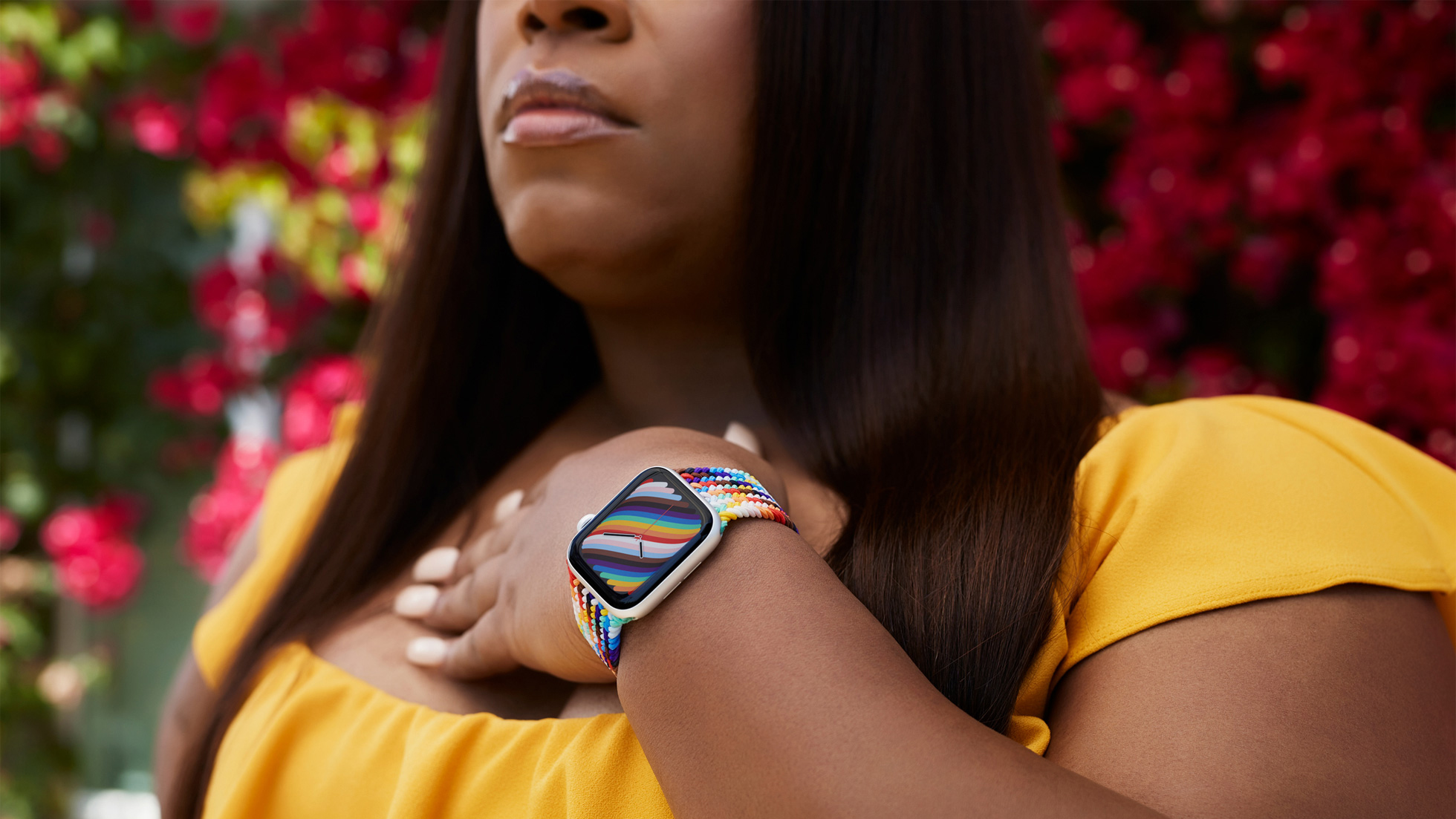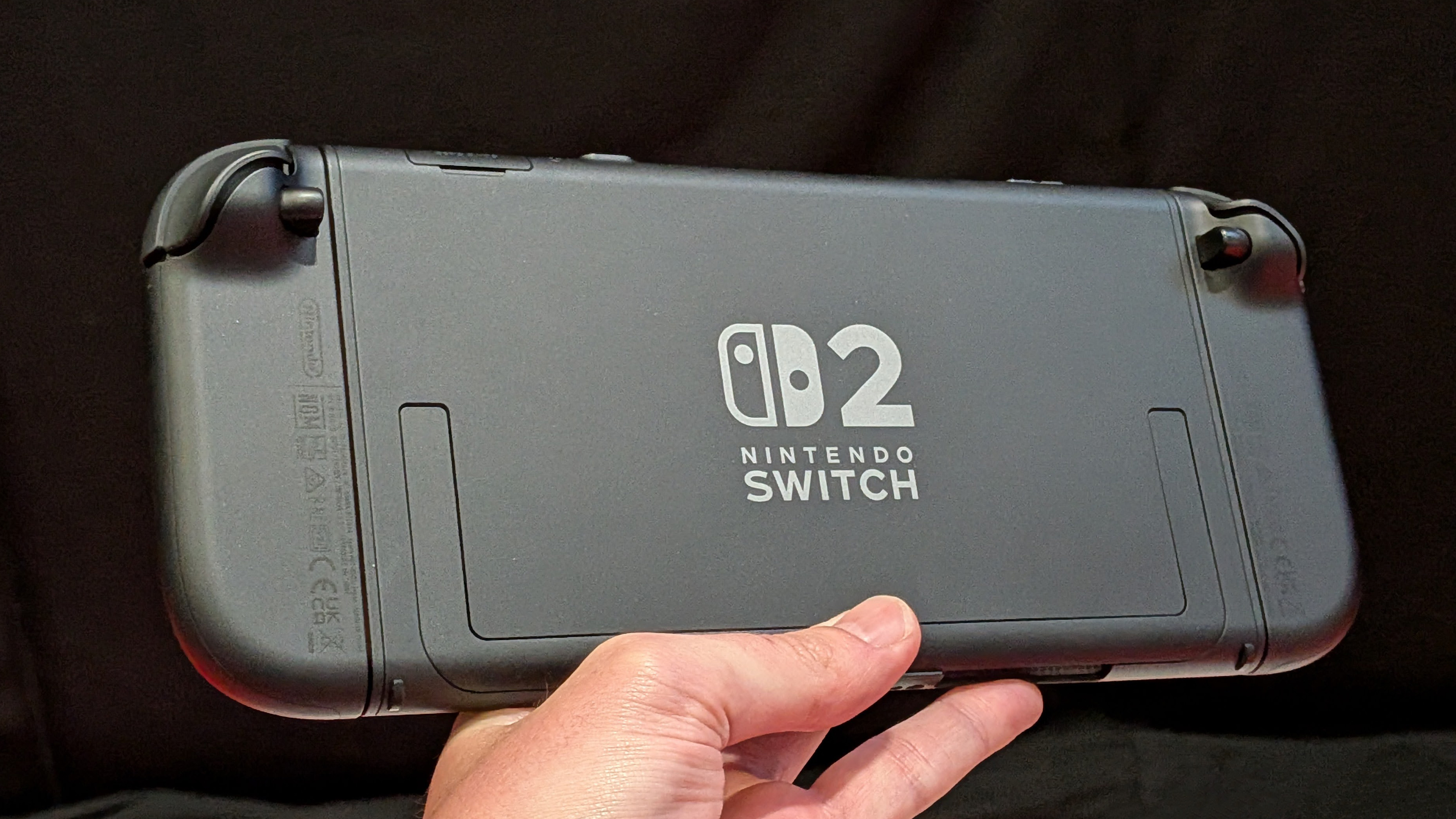

With Pride Month underway, we’ll all be seeing all kinds of rainbow-themed products and rainbow logos over the next few weeks, from companies celebrating the event. Google has started the ball rolling with a kind of on-screen rainbow ticker-tape parade when you search for 'Pride month', but my favourite so far is from Apple.
Its 2021 Pride Apple Watch bands are absolutely gorgeous: there’s a spectacular braided solo loop and a reflective Nike sport band, both of whose colours reflect the LGBT+ community in all its glorious diversity including the Black, Brown, Latinx, trans and non-binary folks who are often missed out.
But what matters here isn’t the products, as lovely as they are. Unlike many of the firms happily slapping rainbows on their Twitter logos this month, Apple walks the walk as well as talking the talk. It used the launch of its Pride bands to help raise awareness of the international day against homophobia, transphobia and biphobia.
Tim Cook is the first openly gay man to head a Fortune 500 company, and he uses his profile to speak up for marginalised people and against intolerance and hatred. Apple puts its money where its mouth is, financially supporting a range of organisations battling against hateful rhetoric and legislation.
While Apple isn’t perfect, it tries harder than many other tech firms. In this month of awareness and celebration, it’s important to look beyond the rainbows.
Nice words, shame about the support
The problem is that for many tech companies, Pride Month is just another marketing opportunity. It's much easier to stick a rainbow on your logo for a few weeks than actually support the LGBT+ community in any constructive way.
We call this "pridewashing". Like "greenwashing", when polluters do similar things to pretend they care about climate change, it's a hollow, selfish gesture: the aim isn't to help LGBT+ people, but to burnish the corporate image. Telling the world that you agree LGBT+ people exist means nothing when LGBT+ people’s rights, healthcare and safety are under unprecedented attack worldwide.
Sign up to the T3 newsletter for smarter living straight to your inbox
Get all the latest news, reviews, deals and buying guides on gorgeous tech, home and active products from the T3 experts
Earlier this year, a damning study by GLAAD confirmed what marginalised people already know: every single major social networking platform is “categorically unsafe” for LGBT+ people. But hey! They’ve put a rainbow on their logo!
If tech firms really mean it, we need them to do more than post platitudes. We need them to make their platforms safe for marginalised people by actually enforcing their policies against harassment and hate speech. We need them to stop financially supporting anti-LGBT+ politicians in order to get tax breaks. We need them to donate to LGBT+ organisations and advocacy groups who can make a practical difference in the lives of the people who've been affected negatively.
But most of all, they need to hire and promote LGBT+ people – particularly people who are also marginalised by race, class, disability or gender. Good decision-making will only come from people who really understand the problems, and who understand the positive and negative impacts of their decisions.
Don’t tell us how proud you are of the LGBT+ community. Show us.
Writer, musician and broadcaster Carrie Marshall has been covering technology since 1998 and is particularly interested in how tech can help us live our best lives. Her CV is a who’s who of magazines, newspapers, websites and radio programmes ranging from T3, Techradar and MacFormat to the BBC, Sunday Post and People’s Friend. Carrie has written more than a dozen books, ghost-wrote two more and co-wrote seven more books and a Radio 2 documentary series; her memoir, Carrie Kills A Man, was shortlisted for the British Book Awards. When she’s not scribbling, Carrie is the singer in Glaswegian rock band Unquiet Mind (unquietmindmusic).

